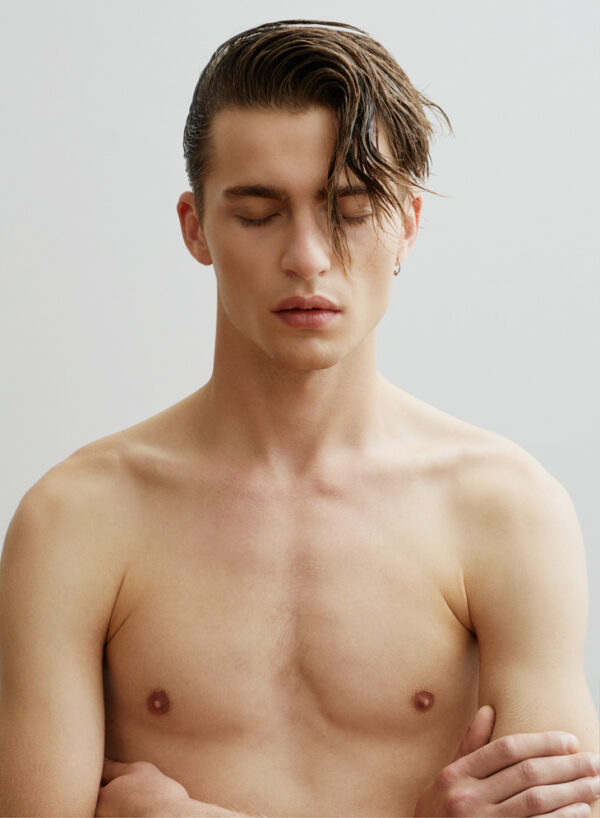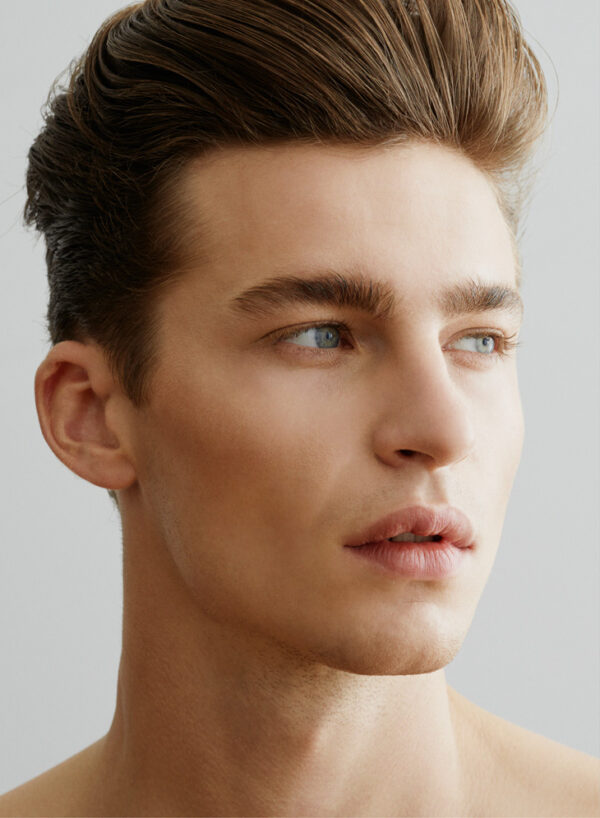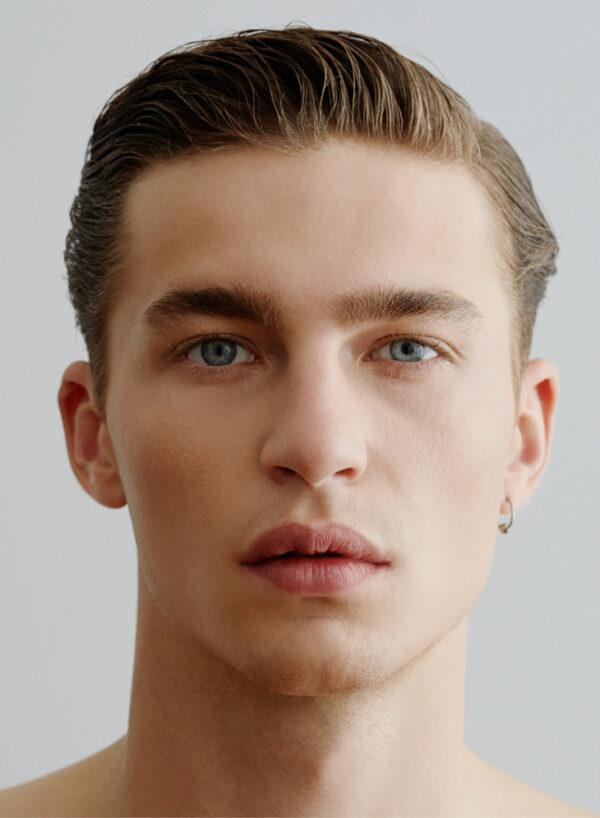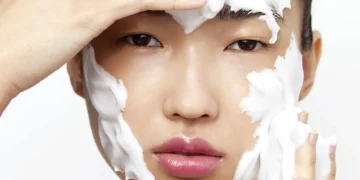
Undergoing a hair transplant is often highly nerve-wracking, even for the most fearless patients. This is because it involves not only an uncomfortable procedure but also the worry that the final results won’t be good enough. Getting a hair transplant is almost always a cosmetic decision, and therefore the ultimate look needs to meet your standards. Fortunately, there are some ways that you can improve your chances of enjoying a healthy and long-lasting hair transplant by taking good care of your scalp and hair.
Prepare Your Head
Looking after your scalp and hair, regardless of whether or not you want a hair transplant, is essential. If you are planning on undergoing the procedure to restore your hair, however, it is crucial that you prepare by looking after it ahead of time. Harsh chemicals such as bleach and dye can increase the chances of difficulties in your treatment by irritating your scalp unnecessarily. If you want to set yourself up for the best results and practice taking care of your hair and scalp after the procedure, then use gentle products and avoid putting your hair under excess stress, such as high temperatures or sudden chemical treatments.
What Increases Your Chances of Positive Results?
As mentioned above, the steps you can take to look after your hair properly begin with how you prepare for the transplant procedure. Different hair transplant services are not always of the same level of quality, meaning that you could end up with someone who lacks proper training. This is why it is so important to make sure that your treatment is performed by qualified professionals and to do your research in advance.
When you go to the right specialists (and not cheap alternatives that may look too good to be true), you will find better results. By doing this, you will also make it easier for yourself to take care of your scalp and hair after the process, as proper specialists will provide you with quality aftercare and support, too.

Scalp Care Essentials
Since your scalp is the skin from which your hair grows, it makes sense that if you don’t take good care of it, then it doesn’t matter how much effort you put into perfecting your hair. The scalp needs to be in a healthy condition for each hair follicle to remain healthy and strong. You will need to take into consideration not only the fact that you have had a hair transplant but also the usual condition of your skin and scalp. Keeping the area soft is essential since this will help the scabs to heal more quickly.
Do not scratch or pick at your scalp even if it itches, as this could negatively impact the results of your hair transplant. To help the scabs come away in their own time, shampoo your head carefully and gently pat your hair dry to avoid unnecessary friction. Your hair transplant clinician will most likely provide you with a special shampoo after your treatment, which you should use as instructed. This normally means using the shampoo every day until it has run out.
The sun can also be a high-risk factor after a recent hair transplant since the scalp is now extra sensitive. Your clinician may provide you with sun protection so that your scalp is kept out of the way of harmful rays. Also, you should try to avoid strenuous exercise until at least ten days have passed since your procedure.

Protecting the Hair
The hair that has been transplanted during your treatment will remain delicate and at greater risk of damage for a few weeks, mostly because the follicles and the scalp are still healing. There are ways that you can protect your hair while it’s in this delicate state, such as by sleeping on your back and in such a way that the area of treatment isn’t interfered with during the night. If you suspect that a certain posture, activity, or item of clothing could disturb the newly placed hairs, then avoid it at all costs.
Overall, the key to taking care of your hair and scalp after a hair transplant is to use your intuition and follow any instructions given to you by the clinic.
Images by Christoph Musiol for MMSCENE



















